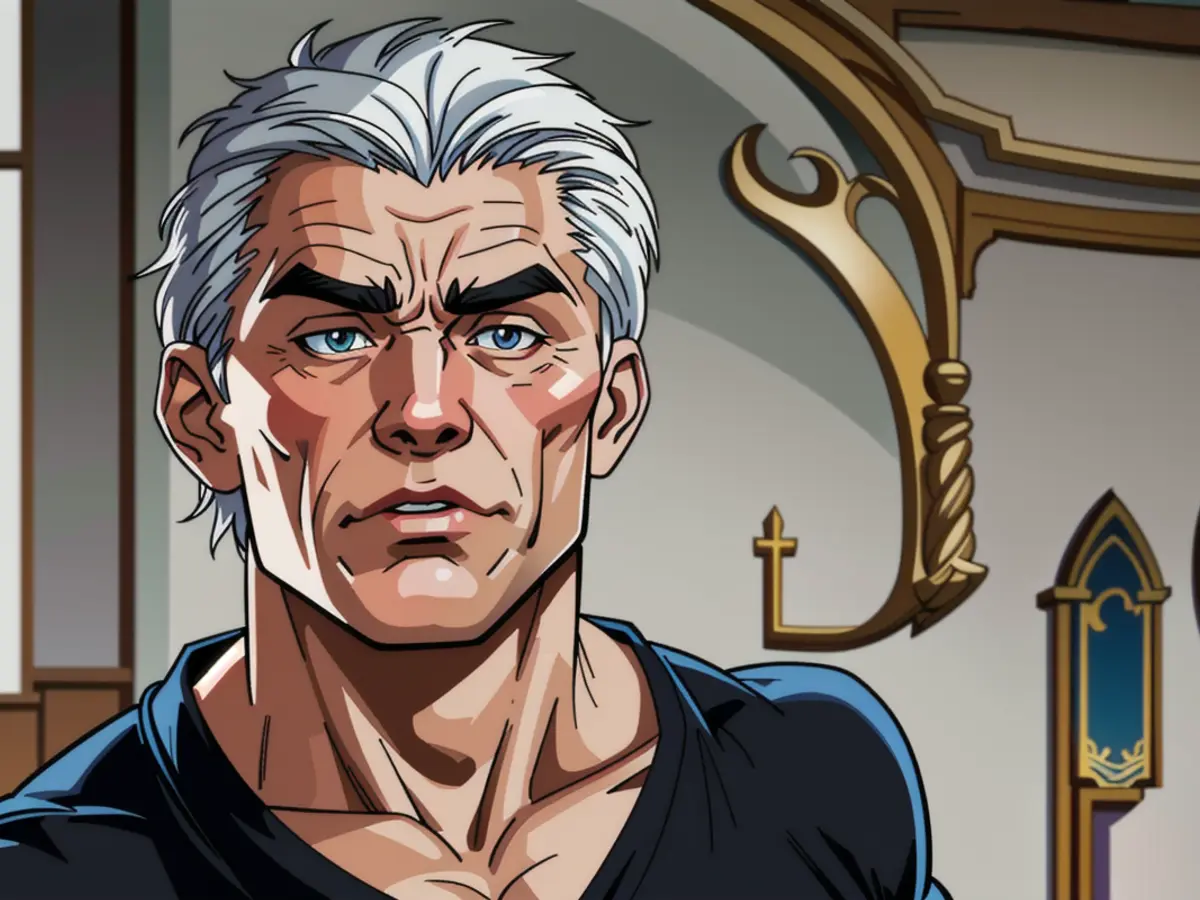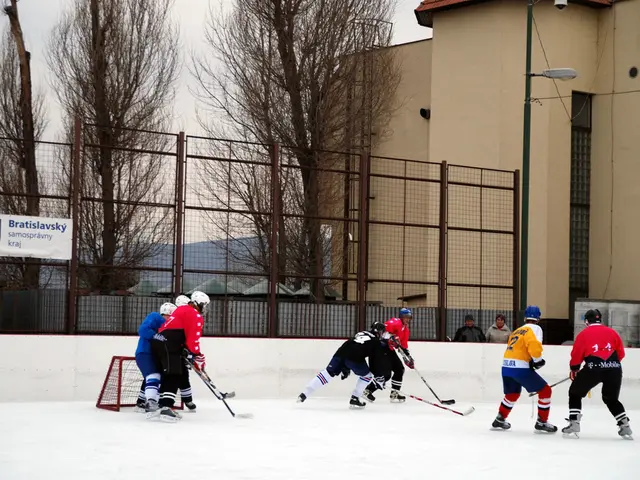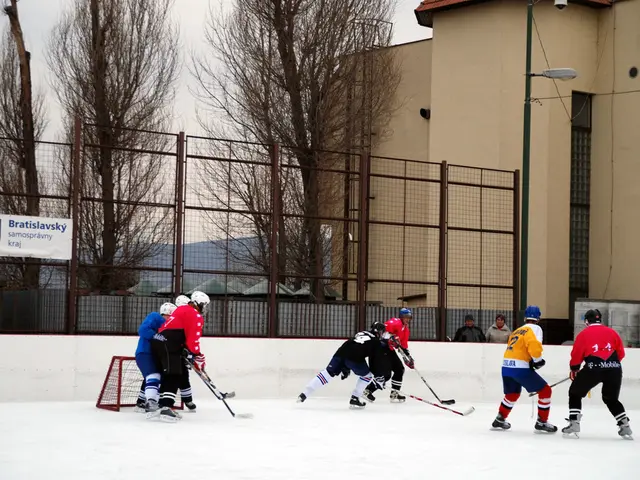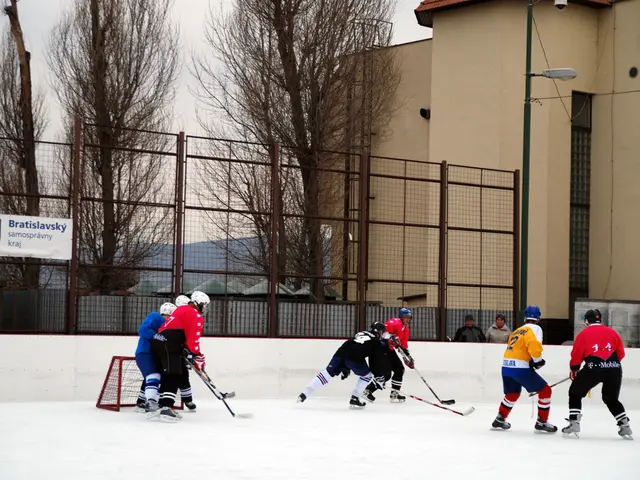Hoping for Pope Francis' Legacy to Endure: A Look at the Catholic Church's Future
Laypeople of the Catholic Faith: Progress Toward Expansion Should Persist - Lay Catholics urge for persistence in the process of liberalization
The president of the Central Committee of German Catholics (ZdK), Irme Stetter-Karp, expressed a strong desire for the next Pope to build upon the groundbreaking initiatives set forth by Pope Francis. "We yearn for a Pope who'll continue to shatter barriers, much like Pope Francis has. We need a visionary leader who can meet the demands of the 21st century," Stetter-Karp shared with the German Press Agency.
If a conservative Pope is chosen, the Catholic Church in Germany could potentially face a mountainous challenge, as per Stetter-Karp. "We understand there are factions within the Catholic Church pushing for a return to conventional doctrines, focusing on the clergy's power and viewing increased lay autonomy as a threat to the Church's unity." She admitted, "This threat looms large, and it's no small matter." Should conservative ideologies prevail, navigating the playing field could prove challenging for the German Church.
The Central Committee of German Catholics, representing the laity, or non-clergy in local parishes, alongside the German Bishops' Conference, commenced a reform process, known as the Synodal Way, in 2019. Although this initiative encountered initial resistance within the Roman Curia, a rapprochement has since transpired. Pope Francis has not overtly endorsed the Synodal Way's path. Consistently, polls painting the picture of a Catholic population craving Church reform have been prevalent in Germany. This is reflected in calls for enhanced roles for women and relaxation of Catholic sexual ethics.
Who's in the running for the papacy?
The papal election process requires 138 cardinals under the age of 80 to participate. A snapshot of the candidate pool suggests a mix of progressive and conservative views may vie for the chair of St. Peter. The outcome depends on factors such as the electoral alignment and the cardinals' level of receptiveness to reform.
The possible consequences of a conservative Pope in Germany
Reform Dissension
A conservative Pope could evoke resentment among reform-minded German Catholics, leading to internal conflict within the German Catholic community.
Rift Between the Vatican and the German Church
Germany's Synodal Path aims to reshape the Church's structure and dogma. However, a conservative Pope might not share these visions, potentially leading to differences between the Vatican and the German Church.
Membership and Public Perception Consequences
A discernible shift towards conservatism could influence membership numbers and the perception of the Church in Germany, as individuals who advocate for Francis' openness may grow disenchanted and disengage.
The potential reaction from the Catholic community
German Catholics' Perspective
The Central Committee of German Catholics has been an advocate for Francis' forward-thinking initiatives. In the event of a conservative Pope's election, there could be widespread debate and opposition from progressive Catholics.
Schism Speculations
In extreme cases, deep-seated divisions could stir discussions about separation or reformation within the German Catholic Church; however, this is highly speculative and not a likely immediate occurrence.
The president of the Central Committee of German Catholics, Irme Stetter-Karp, has expressed a strong desire for a future Pope to continue the liberalization and openness initiatives set forth by Pope Francis, as seen in the Synodal Way reform process. If a conservative Pope is chosen, however, this could lead to resistance from reform-minded German Catholics, causing internal conflict within the German Catholic community.
The possible consequences of a conservative Pope in Germany could include a rift between the Vatican and the German Church, as the Synodal Path aims to reshape the Church's structure and dogma, which might not be shared by a conservative Pope. Additionally, a discernible shift towards conservatism could influence membership numbers and the perception of the Church in Germany, as individuals who advocate for Francis' openness may grow disenchanted and disengage.
The Central Committee of German Catholics has been an advocate for Francis' forward-thinking initiatives, so in the event of a conservative Pope's election, there could be widespread debate and opposition from progressive Catholics. In extreme cases, deep-seated divisions could stir discussions about separation or reformation within the German Catholic Church; however, this is highly speculative and not a likely immediate occurrence.








